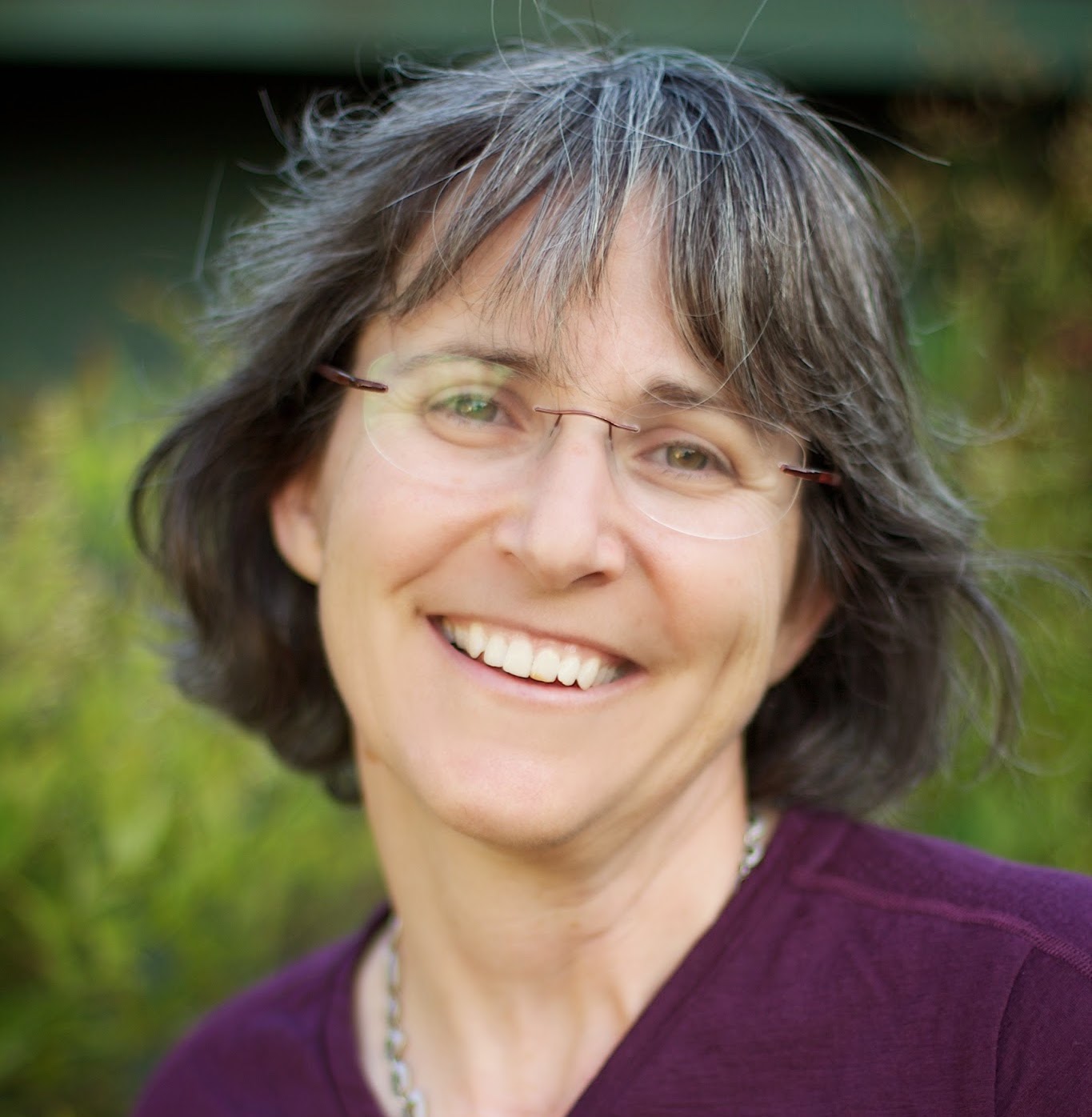 Dahlia Malkhi Dahlia Malkhi |
I am Chief Technology Officer at Diem Association, Lead Maintainer of the Diem project, and Lead Researcher at Novi. I have applied and foundational research interest in broad aspects of reliability and security of distributed systems. For over two decades, I participated in driving innovation in tech, notably: co-inventor of HotStuff, co-founder and technical co-lead of VMware blockchain, co-inventor of Flexible Paxos, the technology behind Log Device, creator and tech lead of CorfuDB, a database-less database driving VMware’s NSX-T distributed control plane (see Corfu github repo), and co-inventor of the FairPlay project. I joined the Diem (Libra) team in June 2019, first as a Lead Reseacher at Novi and later as Chief Technology Officer at the Diem Association. In 2014, after the closing of the Microsoft Research Silicon Valley lab, I co-founded VMware Research and became a Principal Researcher at VMware until June 2019. From 2004-2014, I was a principal researcher at Microsoft Research, Silicon Valley. From 1999-2007, I served as tenured associate professor at the Hebrew University of Jerusalem. From 1995-1999, I was a senior researcher at AT&T Labs, NJ. I hold Ph.D., M.S. and B.S. in computer science from the Hebrew University of Jerusalem. |
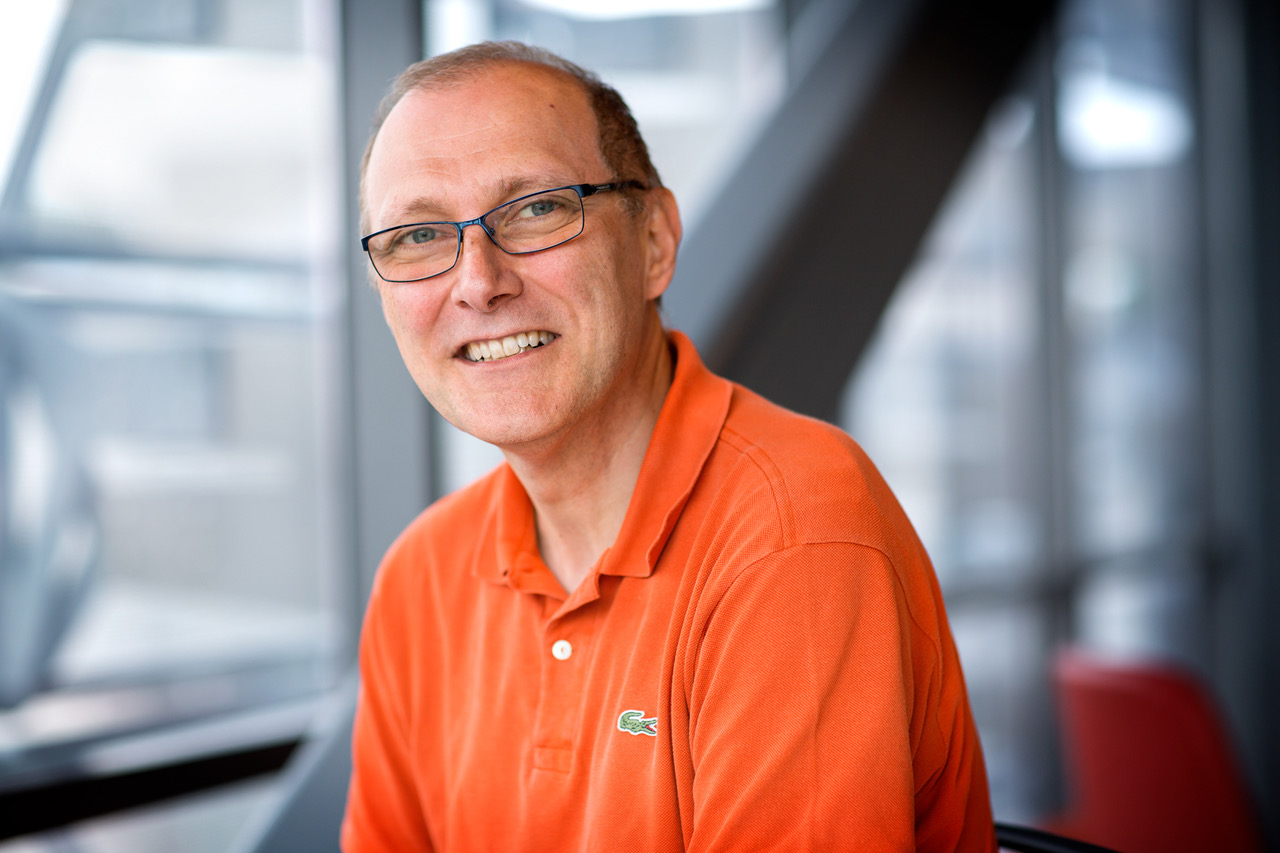 Lorenzo Alvisi Lorenzo Alvisi |
Lorenzo Alvisi is the Tisch University Professor of Computer Science at Cornell University. Prior to joining Cornell, he held an endowed professorship at UT Austin, where he is now a Distinguished Professor Emeritus. Lorenzo received his Ph.D. in 1996 from Cornell, after earning a Laurea cum Laude in Physics from the University of Bologna. His research interests span theory and practice of distributed computing, with a focus on scaling strong consistency and dependability guarantees. He is a Fellow of the ACM and IEEE, an Alfred P. Sloan Foundation Fellow, and the recipient of a Humboldt Research Award, an NSF Career Award, and several teaching awards. Besides distributed computing, he is passionate about classical music, dark chocolate, and red Italian motorcycles. |
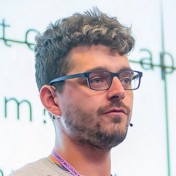 Patrick McCorry Patrick McCorry |
Patrick McCorry is an Engineer at Infura after they acquired his startup, any.sender. Previously, he was an Assistant Professor at King’s College London and an accomplished researcher at University College London, University of Illinois at Urbana-Champaign and Newcastle University. His expertise is cryptocurrencies, smart contracts, applied cryptography and decentralised systems. His work has appeared at Devcon, Scaling Bitcoin, Breaking Bitcoin, CESC, BPASE and SBC alongside numerous academic events. |
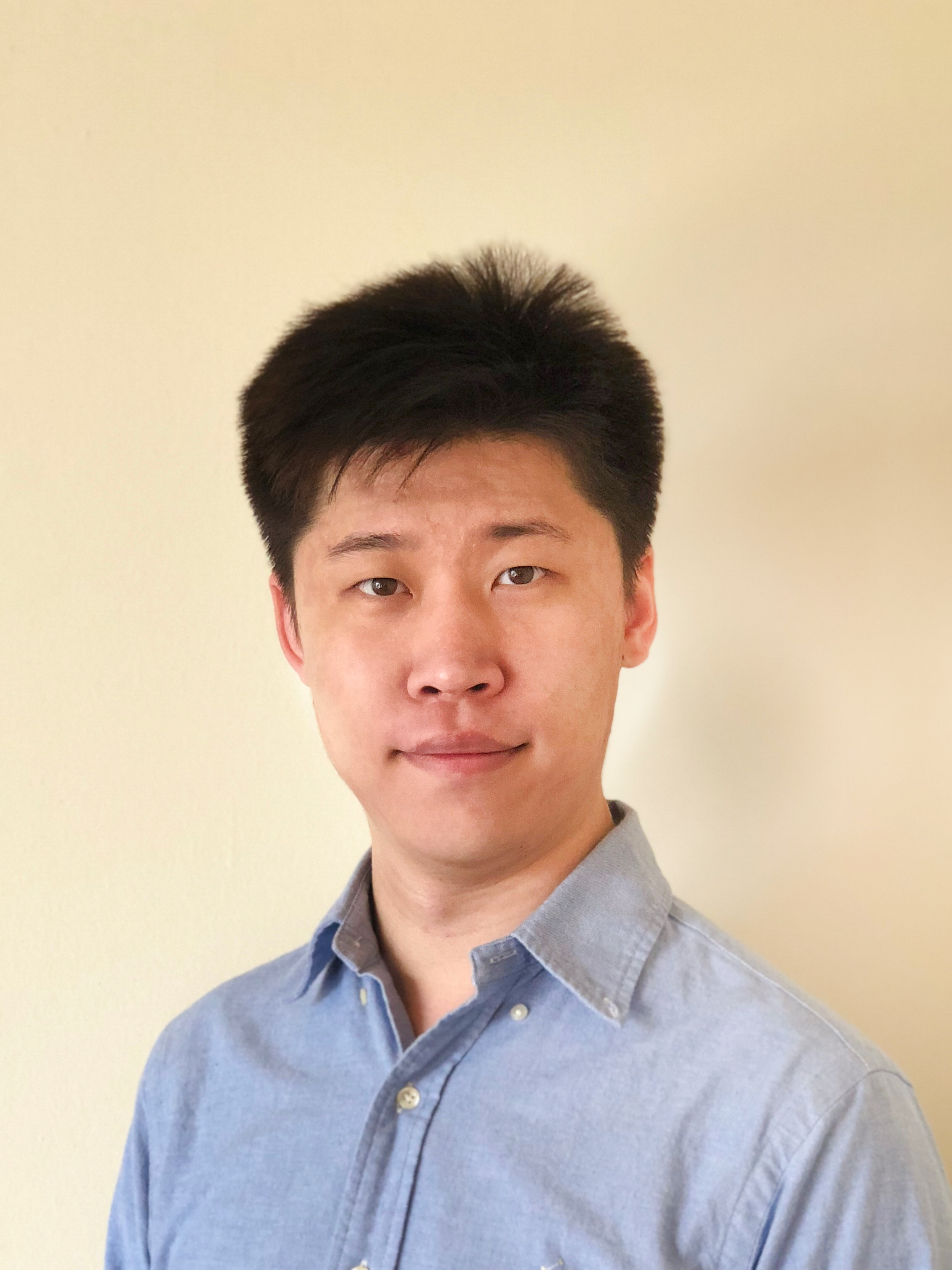 Yupeng Zhang Yupeng Zhang |
Yupeng Zhang is an Assistant Professor in the Computer Science and Engineering Department at Texas A&M University. His research is focused on zero knowledge proofs, secure multiparty computations, and their applications on privacy-preserving machine learning and zero knowledge machine learning. He is the recipient of the NSF Career award, Facebook faculty research award, Google PhD Fellowship and ACM SIGSAC Doctoral Dissertation Award Runners-up. Before joining Texas A&M, he was a postdoctoral researcher at UC Berkeley hosted by Prof. Dawn Song. He obtained his PhD from University of Maryland and his advisors are Prof. Charalampos Papamanthou and Prof. Jonathan Katz. |
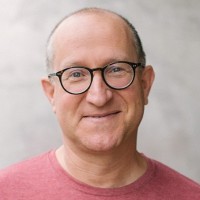 Eli Ben-Sasson Eli Ben-Sasson |
Eli is a co-founder and president of StarkWare, and Chairman of its Board of Directors. H has been researching cryptographic and zero knowledge proofs of computational integrity ever since he received his Phd in Theoretical Computer Science from the Hebrew University in 2001. Eli is a co-inventor of the STARK, FRI and Zerocash protocols and a Founding Scientist of the Zcash Company. Over the years he held research positions at the Institute for Advanced Study at Princeton, Harvard and MIT, and, most recently, was a Professor of CS at Technion, which he left to co-found StarkWare. |
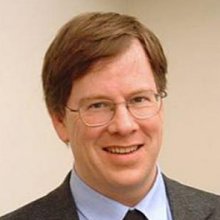 David Dill David Dill |
David L. Dill is a Lead Researcher at Meta, working on the Diem blockchain project. He is also Donald E. Knuth Professor, Emeritus, in the School of Engineering at Stanford University. He was on the faculty in the Department of Computer Science at Stanford from 1987 until becoming emeritus in 2017. Prof. Dill’s research interests include formal verification of software, hardware, and protocols, with a focus on automated techniques, as well as voting technology and computational biology. For his research contributions, he has received a CAV award and Alonzo Church award. He is an IEEE Fellow, an ACM Fellow and a member of the National Academy of Engineering and the American Academy of Arts and Sciences. He also received an EFF Pioneer Award for his work in voting technology and is the founder of VerifiedVoting.org, an organization that champions trustworthy elections. |
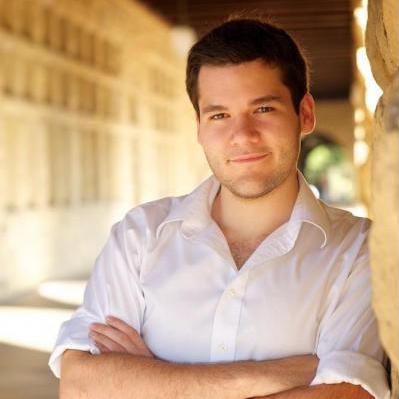 Juan Benet Juan Benet |
Juan is the founder of Protocol Labs, a research, development, and deployment company. He created IPFS, a decentralized web protocol, and Filecoin, a decentralized storage network. He is obsessed with knowledge, science, and technology. |
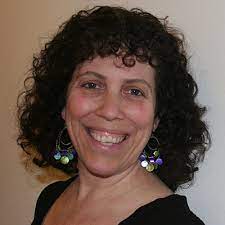 Tal Rabin Tal Rabin |
Tal Rabin is the Rachleff Family Professor of Computer Science at University of Pennsylvania and a consultant to Algorand Foundation. Prior to joining UPenn she has been the head of research and Algorand Foundation, prior to that she was at IBM Research for 23 years as a Distinguished Research Staff Member and the manager of the Cryptographic Research Group. She received her PhD from the Hebrew University in 1995. Tal’s research focuses on secure multiparty computation, threshold cryptography, and proactive security and recently adapting these technologies to the blockchain environment. Her works have been instrumental in forming these areas. Tal is an ACM Fellow, an IACR (International Association of Cryptologic Research) Fellow and member of the American Academy of Arts and Sciences. Tal’s work won the 30 year test of time award at STOC. She is the 2019 recipient of the RSA Award for Excellence in the Field of Mathematics. Tal is currently the chair of the SIGACT Executive Board. |
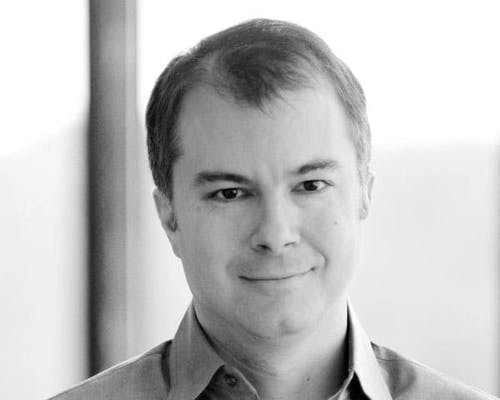 Craig Gentry Craig Gentry |
Craig Gentry is a Research Fellow at the Algorand Foundation. In 2009, while at Stanford and IBM, he constructed the first plausibly secure fully homomorphic encryption (FHE) scheme, which allows anyone to perform arbitrary computations on encrypted data while it remains encrypted. For his work on FHE, he won the ACM Doctoral Dissertation Award, the ACM Grace Murray Hopper Award, and the MacArthur "Genius" Grant. He has since contributed to new generations of FHE schemes, the first cryptographic multilinear maps, the first cryptographic obfuscation scheme, and practical succinct zero-knowledge proof systems (variants of which are used in popular blockchains). He was named a fellow of the IACR in 2021. |
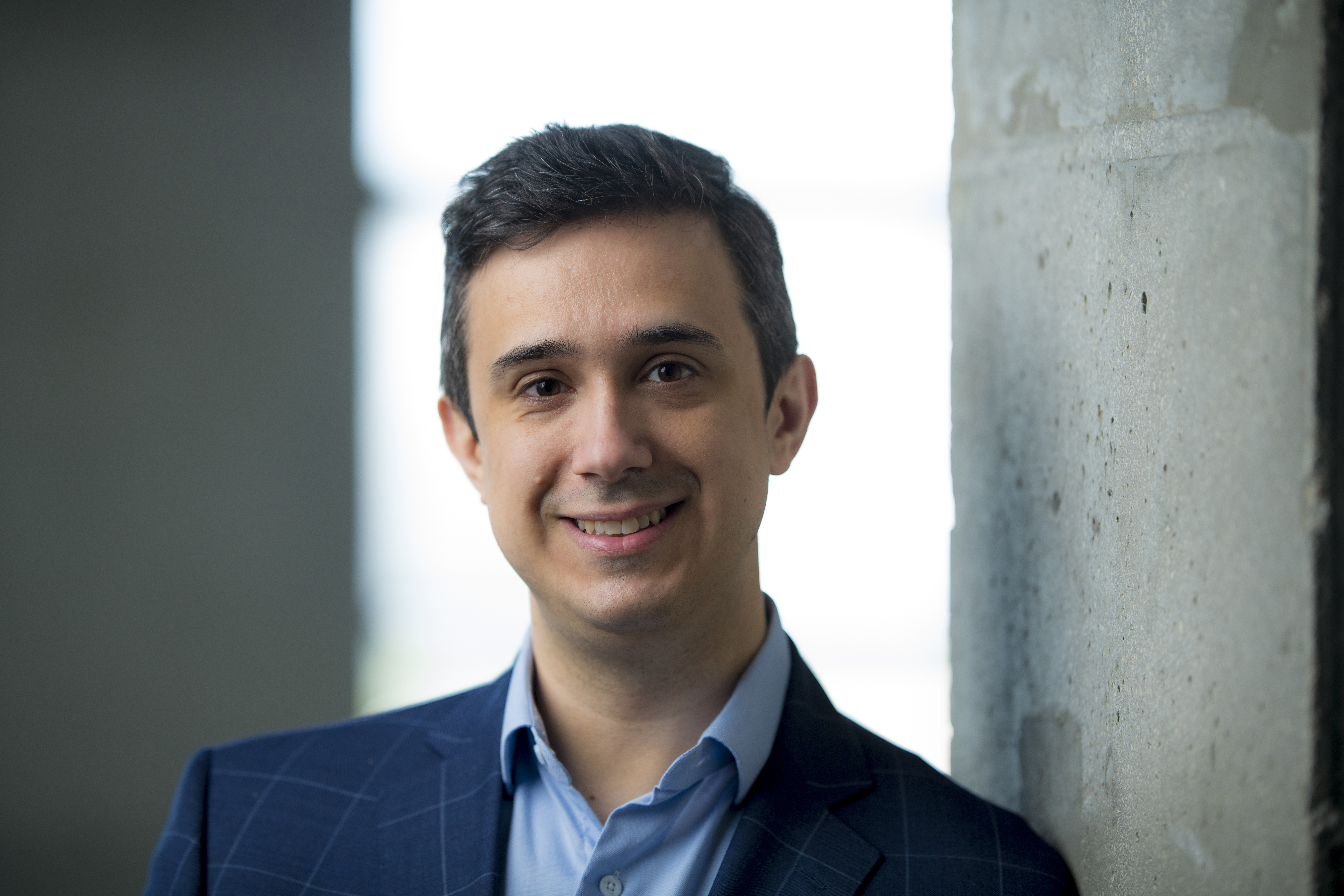 Arthur Breitman Arthur Breitman |
Arthur Breitman is an early architect of the Tezos protocol. Prior to becoming involved in Tezos full time, he worked at X and Waymo on self-driving cars. In his earlier career, he worked as a quantitative analyst at Goldman Sachs and Morgan Stanley. Arthur graduated from the École polytechnique and holds a MS in financial mathematics from the Courant Institute at NYU. |
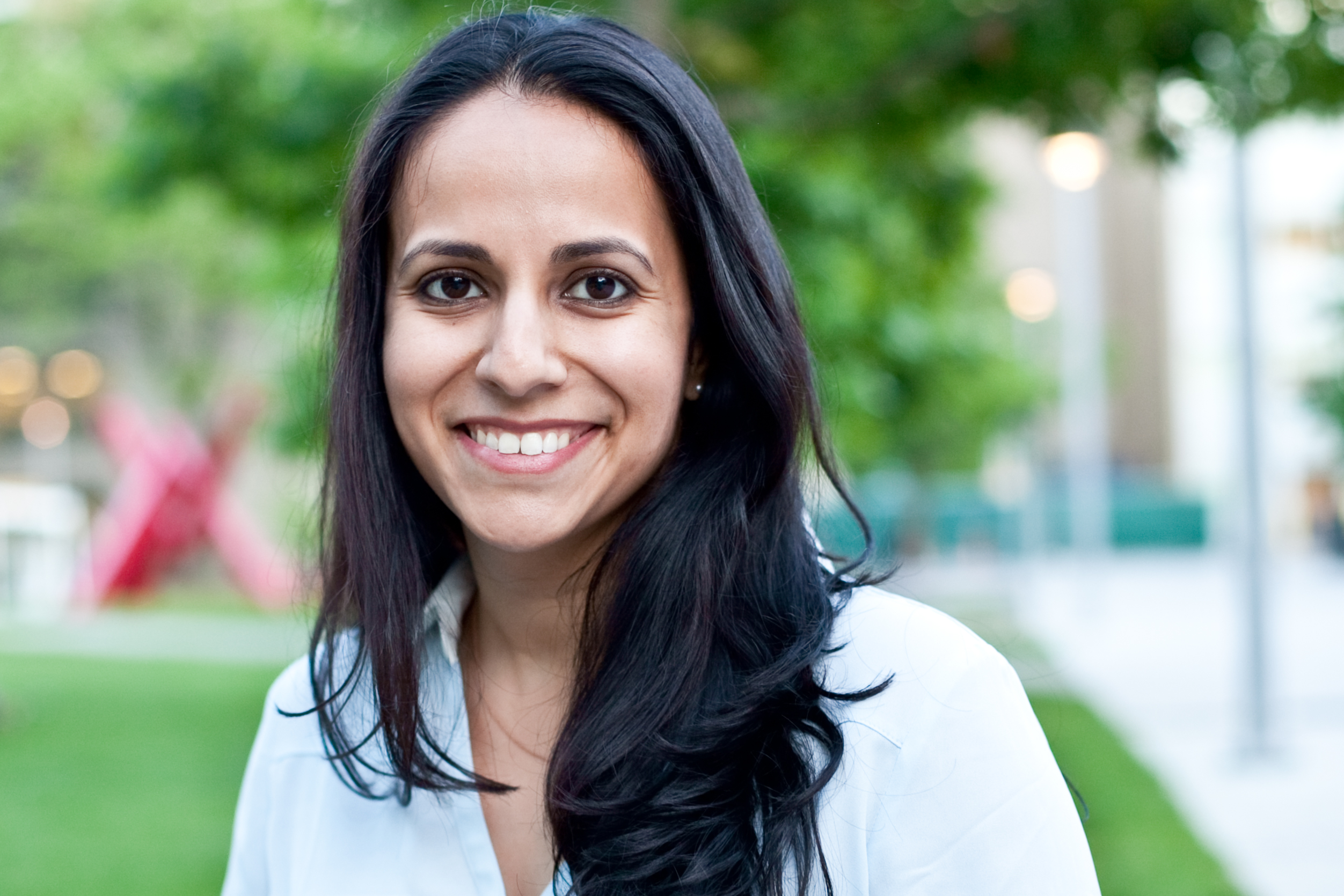 Neha Narula Neha Narula |
Neha Narula is the Director of the Digital Currency Initiative at the MIT Media Lab, where her research interests are in cryptocurrencies and distributed systems. She received her PhD in computer science from MIT in 2015, where she published work on fast, scalable databases. Neha has given a TED talk on the future of money, was named to WIRED's list of 25 leaders shaping the next 25 years of technology, and was listed on Fortune's Ledger 40 under 40. In a previous life, she helped relaunch the news aggregator Digg and was a senior software engineer at Google. |
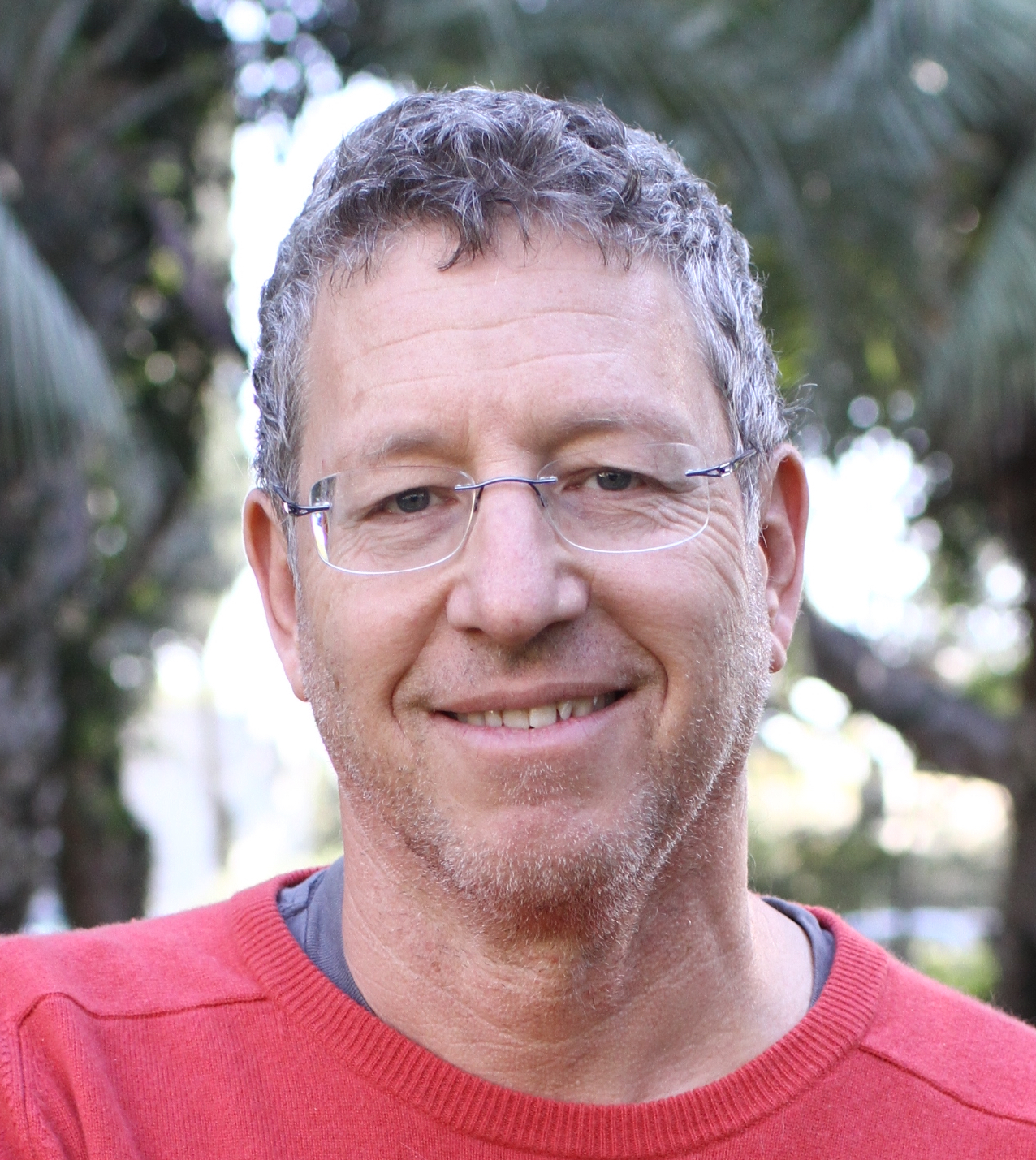 Ehud Shapiro Ehud Shapiro |
Ehud Shapiro is an interdisciplinary scientist, entrepreneur, artist, and political activist. He earned his BA/BSc in mathematics and philosophy from Tel Aviv University in 1979 and his PhD in computer science from Yale in 1982; he has been with the Weizmann Institute of Science since then, where he holds the Harry Weinrebe Professorial Chair of Computer Science and Biology. His PhD research on inductive logic programming and algorithmic debugging has served as a foundation for these two disciplines. At Weizmann, he developed the discipline of concurrent logic programming and the distributed logic programming language Concurrent Prolog, in collaboration with the Japanese Fifth Generation Computer Systems project. In 2017, he began working on digital democracy, initially with Nimrod Talmon and later also with collaborators and a research team he formed at Weizmann. In 2020, Ehud founded a new Israeli political party, democratit. Ehud is a bass singer and the founder and artistic director of the Ba Rock Band. He is presently on sabbatical at Columbia University in its computer science department. |
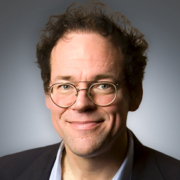 Robert C. Hockett Robert C. Hockett |
Robert Hockett joined the Cornell Law Faculty in 2004. His principal teaching, research, and writing interests lie in the fields of organizational, financial, and monetary law and economics in both their positive and normative, as well as their national and transnational, dimensions. |
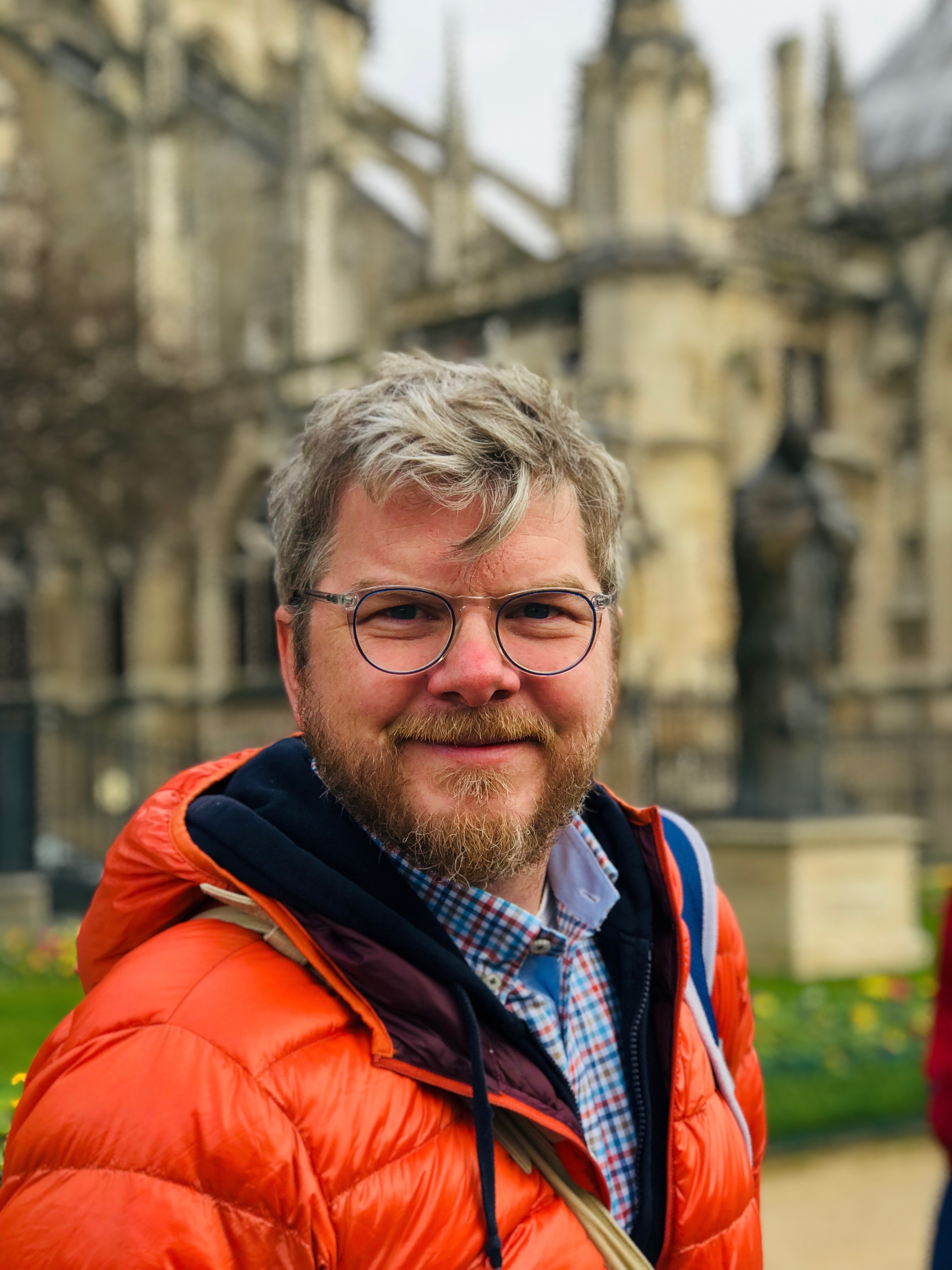 Michael Warner Michael Warner |
Mike Warner is a technology strategist who works in the Federal Reserve (FRS) of San Francisco. He is focused on the intersection of emerging digital/social systems of value (payments), intelligence (economics) and trust (supervision) as they relate to inflective innovations and the landscape for a new digitally enabled economy. Over his nine years at the Fed, he has worked with the TechLab, co-chaired application and data system architecture groups, participated in the early exploratory development of FedNow and was part of the team that deployed our current national cash infrastructure system. Previously he was the CEO and founder of Quantum4D – a venture funded (In-Q-Tel) software company that developed holographic systems modeling capabilities for the US intelligence community and SWIFT. He got started in technology at Sun Microsystems and has worked as an Ontologist and Information Architect at various start-ups. He is passionate about the intersection of innovation and public service as they relate to the transformations that may help us resolve previously intractable challenges of climate and inclusion. |
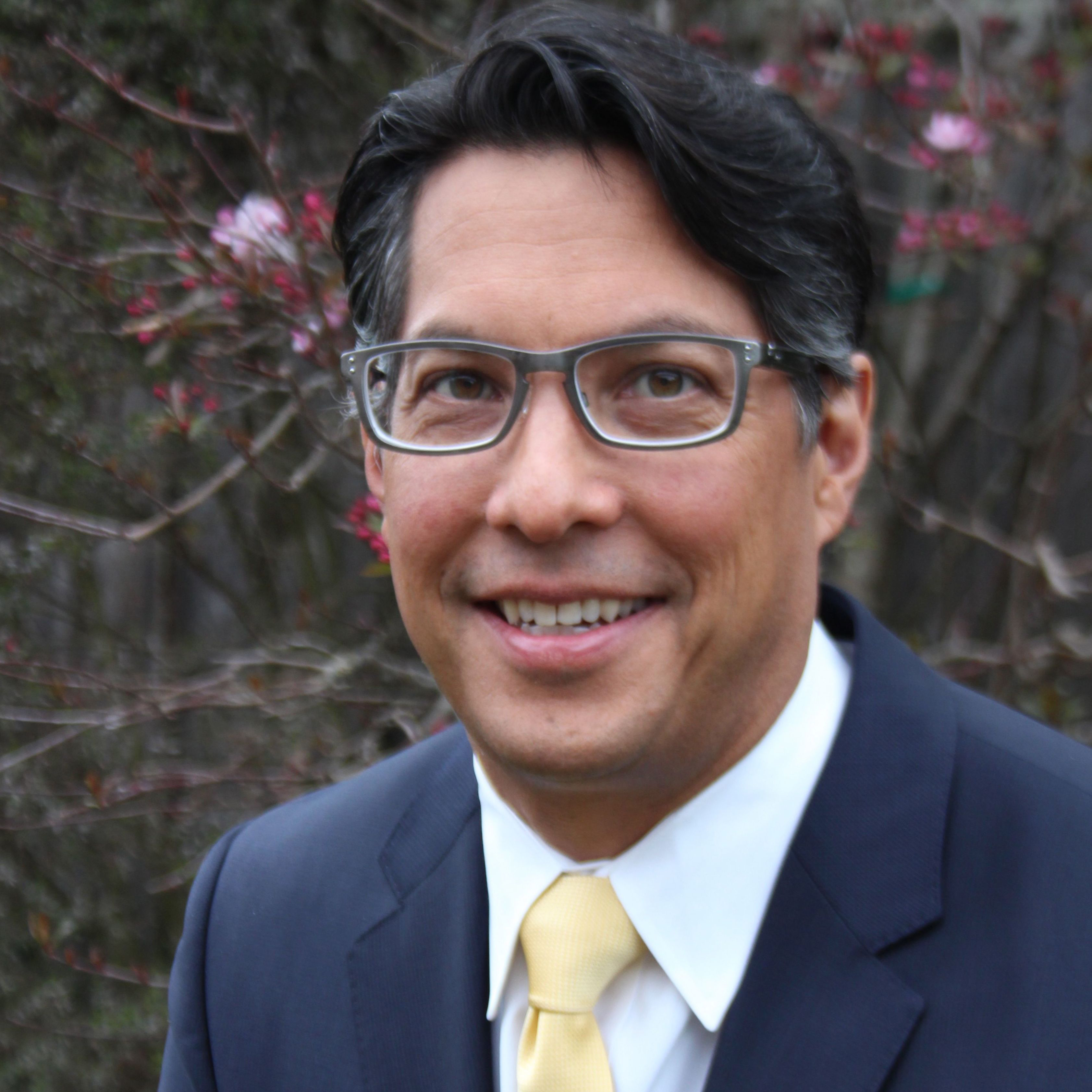 David Min David Min |
David Min is Vice President of Strategic Business Innovation at The Walt Disney Company. His primary role is to build partnerships with emerging businesses and technology companies to bring innovation into the various business units of Disney. David also oversees investments in early stage companies and launched the Disney Innovation Challenge in 2012 and the Disney Accelerator in 2014 (now in its seventh year) as part of Disney’s investment strategy. Prior to Disney, David spent 10 plus years at Steamboat Ventures, the venture capital affiliate of Disney, where he invested and served on the board of directors of multiple private companies in digital media. David has over 20 years of experience in media & entertainment and technology, and was named to TheFunded.com’s list of top-ranked individual VC’s of 2008 and 2009. David received an MBA from UCLA’s Anderson School of Business, and has both a BS in Biology and a BA in Telecommunications from Indiana University. |
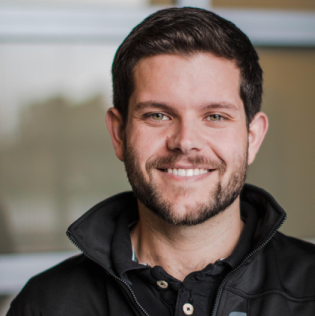 Jonathan Allen Jonathan Allen |
Jonathan served in the military for 5 years as an Explosive Ordnance Disposal Technician, earning several medals including a Purple Heart. His passion for blockchain started in 2013 as an active Bitcoin trader and physical crypto (Casascius) collector. He then transferred to UC Berkeley where he pursued a B.A. in ISF for Economics, Business, & Computer Science. He went on to co-found Blockchain at Berkeley, San Francisco Blockchain Week, and Dekrypt Capital. He is Currently GP @ Magnus Ventures and an active contributor to the BitDAO community. |
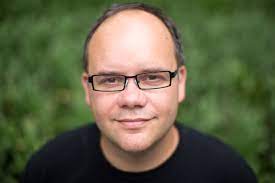 Denny Vrandecic Denny Vrandecic |
Denny Vrandečić is the lead for the Abstract Wikipedia project at the Wikimedia Foundation, which aims to give many more people the ability to contribute to, collaborate on, and read knowledge in their own language. Previously, he was an ontologist for the Google Knowledge Graph and researcher in Google AI, founder of Wikidata, the collaboratively edited knowledge base behind Wikipedia and the other Wikimedia projects, founding administrator of the Croatian Wikipedia, co-creator of Semantic MediaWiki, used by NASA, Microsoft, and many others, and a member of the Board of Trustees of the Wikimedia Foundation. He received a PhD from KIT on the topic of ontology evaluation. He has been working in Stuttgart, Karlsruhe, Rome, Los Angeles, Berlin, and now San Francisco. |
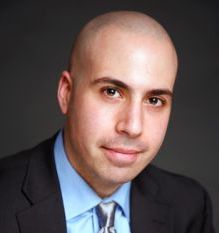 Alex Feerst Alex Feerst |
Alex Feerst leads Murmuration Labs, which works with leading tech companies and web3 projects to develop online trust and safety practices. He was previously Head of Legal and Head of Trust and Safety at Medium, and General Counsel at Neuralink. In 2021, he co-founded the Digital Trust and Safety Partnership, the first industry-led initiative to establish best practices for ensuring online safety. He serves as a board member of the MobileCoin Foundation, an advisor to the Filecoin Foundation, and a member of the editorial board of the Journal of Online Trust & Safety. |
 Dahlia Malkhi
Dahlia Malkhi  Lorenzo Alvisi
Lorenzo Alvisi  Patrick McCorry
Patrick McCorry  Yupeng Zhang
Yupeng Zhang  Eli Ben-Sasson
Eli Ben-Sasson  David Dill
David Dill  Juan Benet
Juan Benet  Tal Rabin
Tal Rabin  Craig Gentry
Craig Gentry  Neha Narula
Neha Narula  Ehud Shapiro
Ehud Shapiro  Robert C. Hockett
Robert C. Hockett  Michael Warner
Michael Warner  David Min
David Min  Jonathan Allen
Jonathan Allen  Denny Vrandecic
Denny Vrandecic  Alex Feerst
Alex Feerst